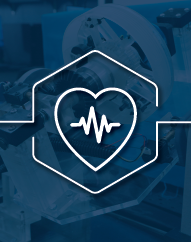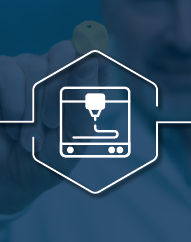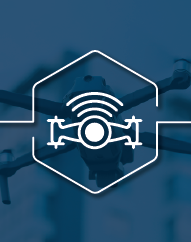Paradigm Shifters
At Georgia Tech, cutting-edge research is a constant — it fuels discovery, challenges norms, and inspires progress every day. And occasionally, technologies emerge with the power to fundamentally change life for the better.
These breakthroughs transform how we live, how we work, and even how we heal. Many years and minds in the making, these technologies are the culmination of collaboration, persistence, and ingenuity. These are the paradigm shifters.
Discover these extraordinary innovations as they begin to make their mark on the world. The future is taking shape right here at Georgia Tech.
Paradigm Shifters Series
New Smart Charger May Pave the Way for More EVs
The revolutionary system allows for cheaper, carbon-free charging and aims to reduce the burden on the electric grid as more EVs enter the roadway.
World’s Smallest Robotic Guidewire Improves Surgical Precision
The robot is a groundbreaking surgical device that helps doctors navigate blood vessels with precision during procedures like angioplasty.
Researchers Create a Low-Emission, Fuel-Flexible Combustion System
This new combustor uses carbon-free fuels that will power planes and heat buildings.
New Wearable Device Monitors Joint Pain
Arthroba enables everyday people and their doctors to follow their joint health in real time.
New Implant May Help Patients Regenerate Their Own Heart Valves
Georgia Tech researchers have developed a groundbreaking 3D-printed, bioresorbable heart valve that promotes tissue regeneration.
Researchers Build Stable Solar Panel Without Silicon
Solar power as an electricity source is growing in the U.S., but scientists are still trying to make the solar panel production process more efficient.
Startup Targets Building Energy Inefficiencies With AI and Drones
Lamarr.AI uses drones, AI, and thermal imaging to identify energy inefficiencies in buildings, offering a faster, safer, and more accurate solution.
This Pacifier Could Monitor Babies’ Vitals in the NICU
The baby-friendly device measures electrolyte levels in real time, eliminating the need for repeated, painful blood draws.
This Small Sensor Could Make Huge Impacts on Brain Injury Treatment
Researchers develop a tinier sensor for less invasive intracranial monitoring.















